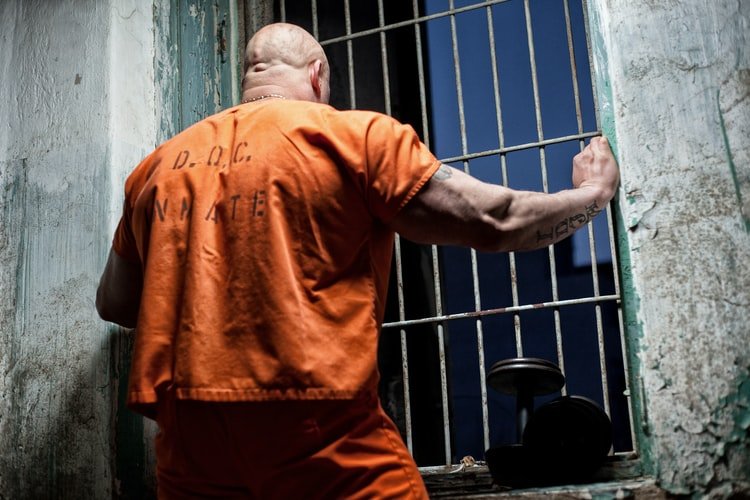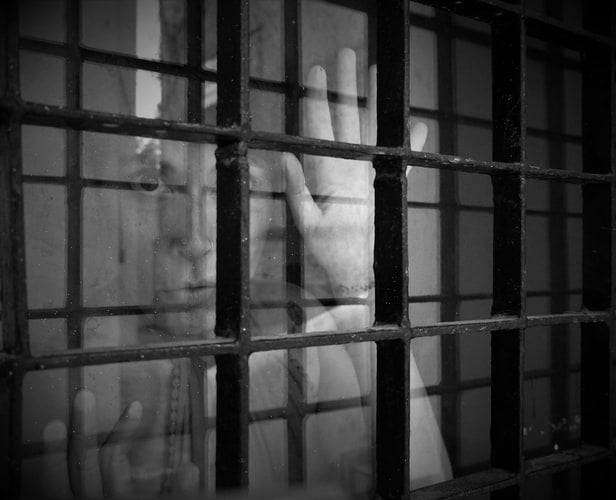Well, staying inside a prison can take a toll on psychological well-being. It is noticed in prisoners that new conditions often develop, and pre-existing conditions may worsen. Apart from psychiatric disorders and drug use, few negative factors can affect their mental health like overcrowding in prisons, exhaustion of prison facilities, violence, lack of privacy, etc.
According to the report of Prison Policy in the USA, 10.6 million people go to jail, around 600,000 people enter prison each year. A bail bond is an easy way for a convicted offender to pay in order to get out of jail until the next court hearing.
For instance, If your friend or family member is arrested in Southern California’s Huntington Beach and wants to be released from jail on bail, you can quickly get help from a Huntington Beach bail bonds agent. Jail is a scary place to live, with the help of bail bonds you or your loved ones can go out of lockups in 24hrs.
Some serious mental health conditions found in prisoners or criminals-
The environment of the prisoners is very different from the ordinary individual. They have to face lots of difficulties in society because they are not accepted by anyone, even by family members. They are more exposed to violence and their real identities get stripped. According to the experts, the life of a prisoner or a criminal is worst and you cannot imagine the same.
Now, let’s know some serious mental health conditions found in prisoners or criminals.
i). Being not a member of this society:
Prisoners in jail generally can feel a loss of purpose as they are locked and are away from the outside world. No connection with society, no family members, everything looks lost for them, thus to stay connected with families, they are charged huge fees for doing phone calls.
So, it can be challenging for a justice-involved individual to add to the financial needs of their family. Such a lack of determination in life can take a toll on their psychological well-being.
ii). Identities Get Stripped:
As an incarcerated people in society, they are no longer recognized for their profession, experiences, skills, or knowledge. Such identity loss can be disorienting, disturbing, and difficult for the prisoners, so they suffer medical health problems.
At the same time, they are blamed for every circumstance or issue that arises in their day-to-day lives. Therefore, the life of a criminal is truly the worst.
iii). Detached From Loved Ones:
The thought of staying away from loved ones itself is daunting; it’s beyond imagination in real life when prisoners need to be away from them.
Missing their beloved ones and not being part of their daily lives, such thoughts increase deep emotions of isolation and detachment. They may also experience grief and sadness over missing out on kids’ activities or not being with their partners.
iv). The environment of the prison:
The concrete walls of the prison, very little natural night, lack of overall stimulation can take a toll on their mental health. They have very few ways to relieve their stress. Such a sterile environment gives them stress, tension all day long.
The researcher says, that such an ecosystem even takes damage on the prison staff. So staff shortages are noticed frequently. Overall environmental conditions add even more tension to their daily lives and this cycle of stress is hard to break.
v). Exposure to Violence:
Prisoners or criminals are often endangered to violence inside and may witness fights at meal distribution or during relaxation times. They witness acts of violence between guards and other incarnated persons.
However, they also become victims of aggression. It is noticed that such exposure to violence while in prison creates emotional distress. Such violence exposure has a direct influence on how well they lead a life when released.
Key takeaway:
A criminal or prisoners facing incarceration should consider sharing any pre-existing subjective health requirements that need attention and care. If you have any health conditions, you need to inform at the systemic and legal levels. A better way to mental health services overall may limit crime. If treating somebody during captivity and giving them access to ongoing therapy after discharged may lower recidivism rates.
Read Also:































